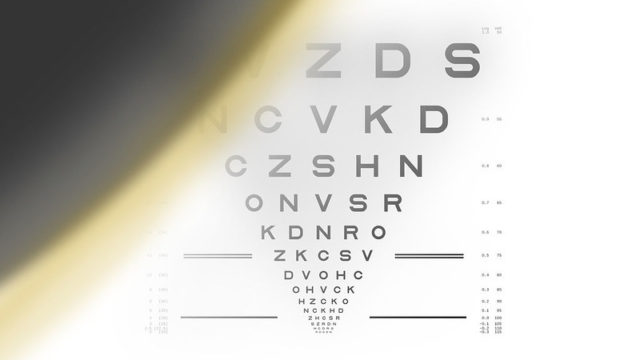
An Iveric Bio drug at the heart of a $5.9 billion Astellas Pharma acquisition has received FDA approval, making it just the second approved therapy for a common vision loss-disorder that afflicts an estimated 1.5 million people in the U.S.
The Iveric drug, known in development as avacincaptad pegol, treats geographic atrophy, a condition that leads to the loss of the ability to drive, read, and recognize faces. The once-a-month eye injection will be marketed under the name Izervay.
Geographic atrophy is an advanced form of age-related macular degeneration. One factor leading to the progression of this disease is overactivity of the complement system, a part of the immune system. Izervay is an oligonucleotide, a small piece of RNA designed to bind to and block a complement system protein called C5. This approach is intended to slow the progression of geographic atrophy.
FDA approval of the drug announced late Friday is based on the results of two Phase 3 studies, each evaluating treatment over the span of 12 months. The rate of geographic atrophy growth was measured at baseline, six months, and 12 months. Data from both trials showed a statistically significant reduction in the rate of disease progression compared to a sham procedure. Iveric reported that this slowing of disease was observed as early as six months; in the first year of treatment, the reduction in disease progression was up to 35%.
Izervay’s approval comes as new safety concerns cloud the prospects of a Syfovre, the Apellis Pharmaceuticals drug that became the first approved geographic atrophy therapy in February. Syfovre is a combination of two peptides that target and block C3, a protein upstream of C5 in the complement system protein cascade. Last month, the American Society of Retina Specialists reportedly notified its members of instances eye inflammation following injection of the Apellis drug. Syfovre’s label warns that the drug may lead to a type of inflammation called endophthalmitis.
In late July, Apellis confirmed seven cases of an eye inflammation condition called retinal vasculitis as determined by the company’s internal safety committee and external eye specialists. Two of the events followed injections in April, two in May, and three in June. The company said there is no indication that drug or its manufacturing process contributed to what it characterized as “rare events of vascular vasculitis.” No cases of this type of eye inflammation were reported in clinical tests of Syfovre, which evaluated more than 23,000 eye injections.
For Iveric’s drug, the most common adverse reactions in clinical testing were bleeding beneath the clear lining of the eye, a complication reported in 13% of study participants. Increased fluid pressure in the eye was reported in 9% of patients and blurred vision was reported in 8% of patients.
Ophthalmology medicines is one of the therapeutic areas that Astellas has identified for revenue growth. In April, the Tokyo-based drugmaker announced a $5.9 billion cash deal to acquire Iveric. The acquisition closed in July. Iveric, which now operates as an Astellas subsidiary, said it expects Izervay will become available in the U.S. in two to four weeks.
“We are thrilled to receive FDA approval of Izervay and to offer a new therapy to physicians and appropriate patients in the U.S.,” Iveric President Pravin Dugel said in a prepared statement. “Time matters, vision matters, and safety matters in this devastating progressive disease.”








